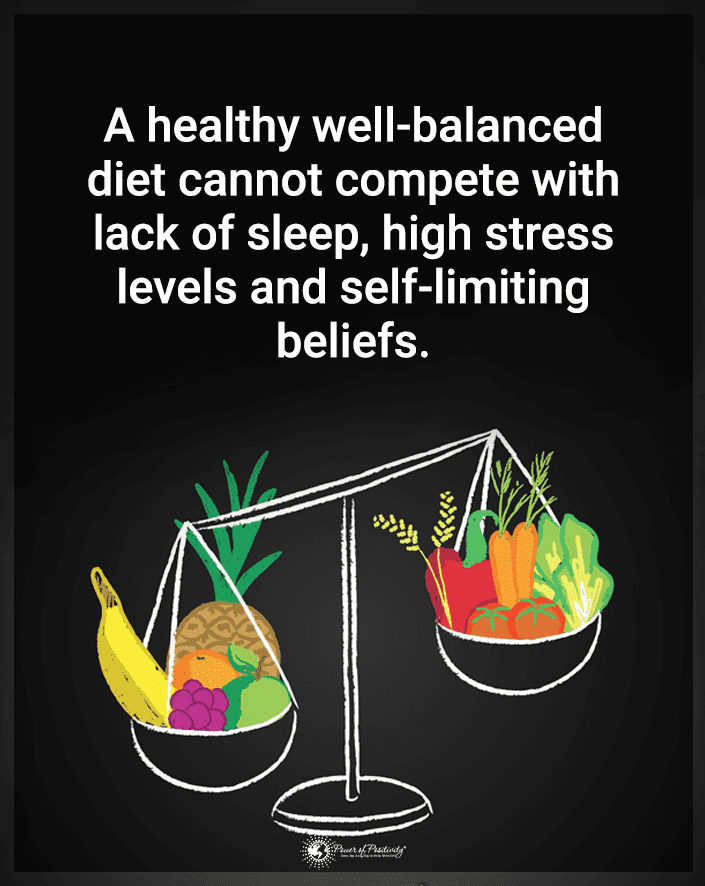Scientists have long studied the link between our genes and our health. Now, in a growing area of scientific research, they’re studying the link between a healthy gut and the bacteria in our intestines to virtually every disease that ails us. – WebMD
Our gut is comprised of many individual parts: the mouth, esophagus, stomach, and intestines all make up our gastrointestinal system – the ‘gut.’ The gut is mainly responsible for the processing of food and absorption of nutrients. It is also very important to our health to have a gut that is in working order.
One important characteristic of the gut – relating to good health – is the proper functioning of good bacteria or microbes. The human body contains millions of microbial bacteria, residing pretty much everywhere.
Consider this. For every one of the billions of cells we possess, there are approximately 10 microbial cells. Furthermore, these microbial cells are active in each part of the body: inside the mouth, on the skin, genitalia, nose, and intestines.
Why is gut health important?
In the past, scientists have generally understood the important role if microbes on our health. It wasn’t until recently, however, that scientists discovered the crucial impact that a healthy microbiome – the body’s collection of microbes – potentially has on diseases.
Michael Snyder, the director of the Center for Genomics and Personalized Medicine at Stanford University, states: “There’s a good chance your microbiome is associated with every disease you can think of – diabetes, cancer, autism. And the area where bacteria have a huge impact is your gut.”
Our gastrointestinal system, or “gut,” performs several functions that contribute to health and well-being. As such, the state of our gut’s health has a direct impact on how we feel at any given time.
Among the functions of our gut include:
– Regulation of the immune system
– Absorption of vital nutrients
– Protection against toxins and pathogens
– Managing inflammation
What people with a healthy gut do differently
Now that we’ve got a pretty good understanding of what constitutes the gut, along with why gut health is important, we can focus on achieving/maintaining gut health. There is perhaps no better way to accomplish this than to discuss the personal habits of those with a healthy gut.
Here are 6 things that people with a healthy gut do differently:
1. They consume probiotic foods
Probiotics are “live bacteria and yeasts that are good for your health, especially your digestive system,” per WebMD. These good bacteria are found naturally in our bodies, but should be consumed in the form of foods to ensure an adequate supply.
Indeed, many foods provide these healthful benefits. Fermented foods – such as kefir, kimchi and sauerkraut – are great sources. Other sources include artichokes, bananas, garlic and raw onions. Whole, natural foods are certainly recommended for someone looking to add probiotics to their diet.
2. They have a healthy eating schedule
For the digestive system to work properly, it is important to maintain a healthy eating schedule. The reason is that our gut must “cease” digestive functions to perform the work of eliminating waste and bacteria – a process that generally takes between 1.5 – 2 hours. Naturally, when we eat, the digestive system kicks into gear and all other digestive functions are halted.
For this reason, it is encouraged to take breaks between meals and maintain a healthy eating schedule.
3. They remain hydrated
As mentioned, the gut performs routine cleanup duties of undigested waste and bacteria. Of course, water is important element of this maintenance. That’s because the gut requires H2O properties to effectively cycle waste and bacteria through the digestive tract.
Additionally, staying hydrated wards off unwanted digestive problems such as bloating, constipation and inflammation. Conversely, slight dehydration can alter the balance of good bacteria in the gut and complicate digestion.
4. They watch the processed foods and sugars
Bacteria that does not serve any digestive purpose, aka “bad bacteria,” feast on unnatural, unhealthy foods. Excessive consumption of refined, processed, or sugary foods provides sustenance for bad bacteria, potentially resulting in overgrowth of bad bacteria and disrupting the bacterial equilibrium within the gut.
5. The monitor stress levels
As probably all of us know, the mind/body connection is a real thing. Stress adversely affects a myriad of physiological and psychological functions. Of course, this includes digestion. That’s because stress initiates the brain’s “fight or flight” response, obstructing normal flow and slowing the digestive process.
Related article: 10 Things Healthy People Do Differently
Stress that is chronic (long-term) in nature can wreak particular havoc on our gut. Therefore, it is important to research and seek out activities that can reduce stress.

6. Use prebiotic supplements
Given that many probiotic foods are available, supplementing with probiotics may not be necessary. However, probiotic supplements are very convenient and generally effective. There are a vast number of supplements available, so conducting some research to make an educated decision may be advantageous.


















